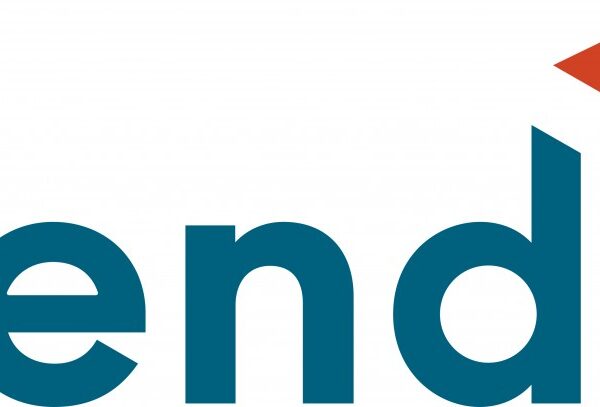Increasing Access to Quality Educational Resources to Support Higher Education in Prison
New Project Announcement
We are excited to announce a new project funded by Ascendium Education Group that will allow us to expand our current work on increasing access to quality educational resources for higher education in prison (HEP) programs. This grant will support both Ithaka S+R’s growing research focus in the field as well as JSTOR Labs’ innovative work on increasing access to academic resources for incarcerated students. The COVID-19 pandemic has made it abundantly clear that both HEP programs and incarcerated students are severely impacted by the lack of access to technology and informational resources. However, our current research suggests that the pandemic has also encouraged Departments of Corrections (DOC) to accelerate the adoption of different technologies capable of supporting a variety of teaching modalities.
Given the speed with which this shift has occurred, as well as long standing concerns in the HEP community about the potential negative impacts of technology, what is needed now is a deeper understanding of the evolving technology landscape within prisons and its impact on students’ access to quality educational resources. To meet this need, Ithaka S+R is implementing a three-year research agenda that will explore this issue along several interwoven inquiries: 1) exploration of censorship and self-censorship practices 2) state-wide scan of existing technologies, and 3) convening a community of practice.
Censorship and Self-Censorship
A key selling point of many technologies in the prison space is the ability to monitor communications and other activities. The increased adoption of technology, could, in theory, lead to increased DOC censorship. Though this is a significant and concerning possibility, we are more interested in how this may increase pressure on instructors themselves to self-censor. Born from the asymmetric power relationship between HEP programs and DOCs, self-censorship can become a modus vivendi for instructors and students as they work to preserve, if not expand, their programs. While we are approaching this issue through the lens of technology, we are interested in understanding the issue of self-censorship broadly, as well as strategies and best practices for minimizing its negative effect on pedagogy.
Existing Technologies
While COVID-19 may be accelerating the availability of technology in prisons, it is still vital for programs to advocate for the specific technologies and implementations that best suit their needs. Our current research suggests that this kind of advocacy is most effective when programs can point to successful examples in jurisdictions similar to their own. To provide HEP programs with a resource to guide these conversations with their DOC partners, we will undertake a 50 state scan of the specific technologies available to higher education programs, along with supplementary qualitative research to contextualize particularly interesting or effective models.
Community of Practice
Building upon this research, we will conclude the project by inviting up to 10 HEP programs to participate in a community of practice that will work with their DOC partners to implement, refine, and advocate for increased access to quality technology, information, and instructional resources. Ithaka S+R will track and manage the community’s progress along a plan of action established at launch, but focusing especially on improvements to instructional quality (focusing especially on increasing assignments requiring rigorous research methodologies and/or digital literacies), and improvements to DOC media review policies.
Next Steps
We are thrilled to be undertaking this project and hope the research and lessons learned from its various components will provide evidence to empower more effective advocacy and reflective pedagogy in the higher education in prison community. The project will officially launch later this fall with the research phases beginning in January 2021. If you are interested in learning more about the project or our current work, please contact Kurtis Tanaka (Kurtis.Tanaka@ithaka.org).
Ascendium Education Group is a 501(c)(3) nonprofit organization committed to helping people reach the education and career goals that matter to them. Ascendium invests in initiatives designed to increase the number of students from low-income backgrounds who complete postsecondary degrees, certificates and workforce training programs, with an emphasis on first-generation students, incarcerated adults, rural community members, students of color and veterans. Ascendium’s work identifies, validates and expands best practices to promote large-scale change at the institutional, system and state levels, with the intention of elevating opportunity for all. For more information, visit https://www.ascendiumphilanthropy.org.

Comments
Through this work, we should aim to improve access for incarcerated students through understanding, advocacy, and the development of solutions that successfully eliminate barriers to access to high-quality, technology-enabled resources so when they exit the prison, they will not get culture shocked and adopt the new technologies nowadays.